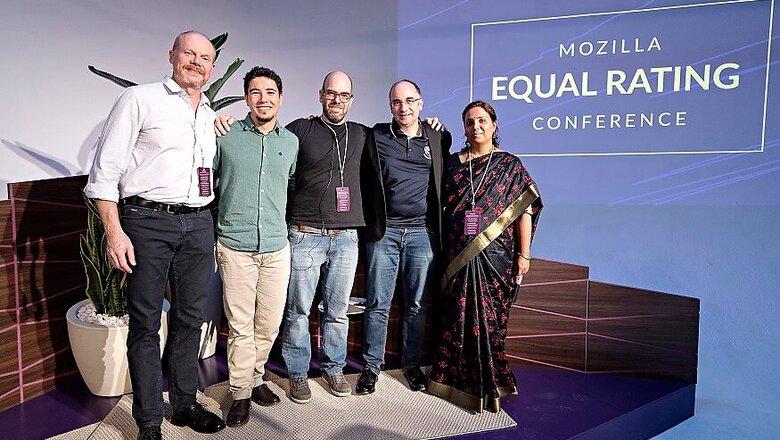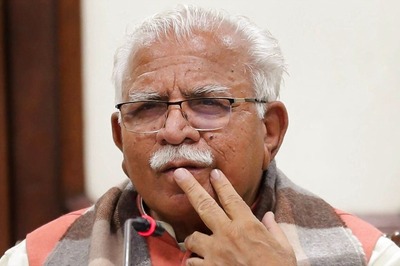
views
Mumbai-based Project Gram Marg Solution for Rural Broadband is the winner of Mozilla’s Equal Rating Innovation Challenge by an overwhelming margin. The competition called for initiatives to make affordable Internet available to all.
The challenge received 100 submissions from 27 countries. The final shortlist of best five entries was prepared after deliberations by a panel of expert Judges from around the world. Nearly 6,000 votes were polled in the online community voting in the final phase of the competition, with Gram Marg and Zenzeleni emerging as the leading vote-getters.
Gram Marg, which roughly translates as “roadmap” in Hindi, seeks to bring 640,000 villages in rural India online. Spearheaded by Indian Institute of Technology (IIT) Bombay professors, the project reinforces the progress such communities could achieve once they have access to information pertaining to education, health and the political process.
In its bid to both bridge the digital divide and empower unconnected communities, the Gram Marg team has created an ingenious and “indigenous” technology that utilises unused white space on the TV spectrum to backhaul data from village wifi clusters to provide broadband access (frugal 5G). The team of academics and field workers leverages what people already have in their homes, and creates rugged receivers and transmitters to connect villages in even the most difficult terrains. The solution has been rolled out in 25 villages on a pilot basis so far. The win entitles Project Gram Marg to USD 125,000 (Rs 82 lakhs) in funding.Also read: Oppo India Fires Chinese Employee Who Tore Indian National Flag
Following the announcement, Katharina Borchert, Chief Innovation Officer at Mozilla, noted in a blog post, “Mozilla started this initiative because we believe in the power of collaborative solutions to tackle big issues. We wanted to take action and encourage change. At Mozilla, our commitment to Equal Rating through policy, innovation, research, and support of entrepreneurs in the space will continue beyond this Innovation Challenge, but it will take a global community to bring all of the internet to all people. And we’re incredibly honoured that part of this global community came together and engaged with us through this Innovation Challenge. We’re excited and optimistic about the road ahead.”
The “Runner-Up” award of USD 75,000 went to Afri-Fi: Free Public WiFi, led by Tim Human from South Africa. The project is an extension of the successful Project Isizwe, which offers 500MB of data for free per day. The key goal of Afri-Fi is to create a sustainable business model by linking together free wifi networks throughout South Africa and engaging users meaningfully with advertisers so they can "earn" free wifi.
The “Most Novel” award worth USD 30,000 went to Bruno Vianna and his team from the Free Networks P2P Cooperative which is building on the energy of free networks movement in Brazil to tackle the digital divide. Rather than focusing on technology, the Coop has created a financial and logistical model that can be tailored to each village’s norms and community. The team experiments with ways to engage communities through “barn-raising” group activities, deploying “open calls” for leadership to reinforce the democratic nature of their approach, and instituting a sense of “play” for the villagers when learning how to use the equipment.
Mozilla, the organisation behind the open-source browser Firefox, launched the ‘Equal Rating Innovation Challenge’ in October 2016 as part of its endeavour to help catalyse new thinking and innovation for providing open internet access to communities living without it. It called out to entrepreneurs, designers, researchers and innovators from all over the world to propose creative and scalable ideas that can cultivate digital literacy and provide affordable access to the full diversity of the open internet. Mozilla offered awards totalling USD 250,000 (INR 164 lakhs) in funding and mentorship to bring these solutions to the market.Also read: Google Rolls Out Knowledge Graph, Spell Correction in Bengali Language
















Comments
0 comment